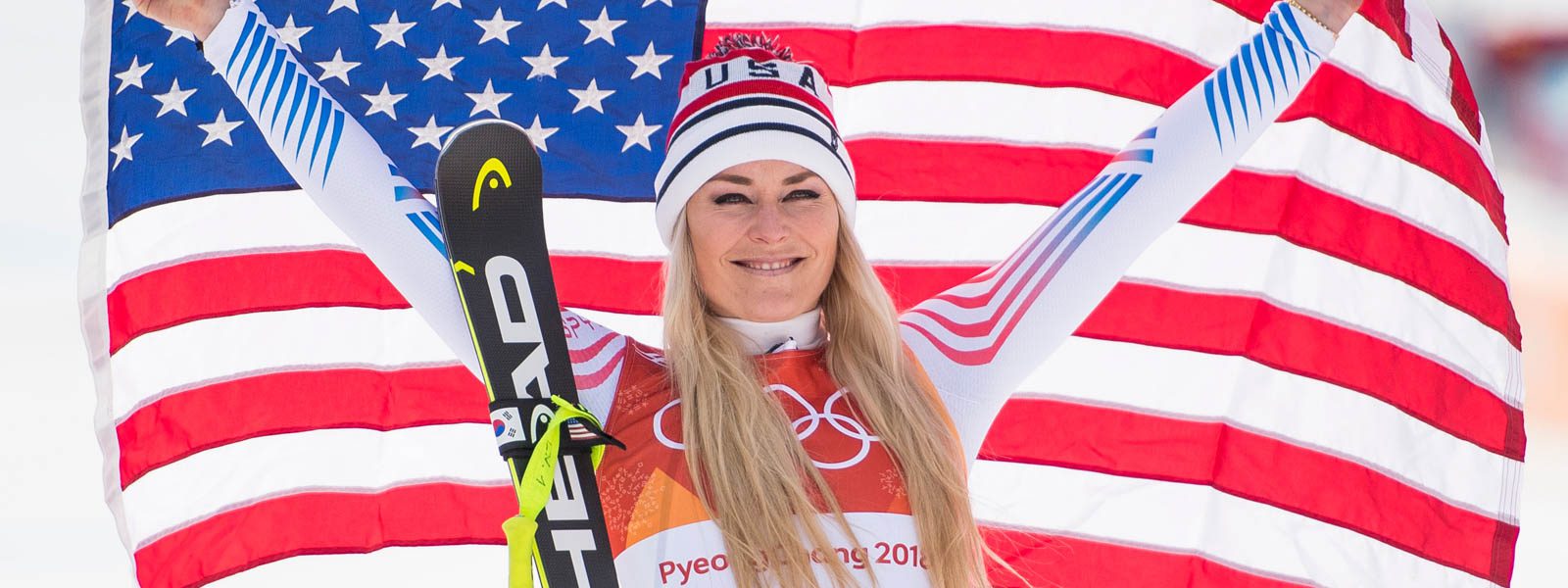Engaging Parents in the Athletic Development Process
It’s hard to downplay the importance of the athlete-parent relationship when you’re talking about athlete development. Quite simply, it’s everything. You’d be hard pressed to find an athlete who has enjoyed any amount of success that did not have some sort of parental figure — be it a mom, dad, grandparent, or other individual– involved in their athletic development.
The hard part for these parental figures is striking a balance between too much involvement and not enough. Also, engaging in the right way might be more important than engaging at all. U.S. Ski & Snowboard’s Director of Sports Education, Jon Casson, has been working with clubs across the country to better educate parents and staff on how to effectively engage in their athlete’s development.
“I’ll inevitably get a question from a coach – usually a less experienced coach – who just says: ‘How do you deal with parents?’” says Casson. “They say it in a certain tone and that is part of the root of the problem right there. There’s a perceived adversarial relationship between coaches and parents.”
The caricatures of the “soccer mom” or “hockey dad” are personalities we know as a society for better or worse as the hyper-involved, sometimes combatant parent yelling words of encouragement and occasionally expressing their disappointment towards their children and their coaches. According to Casson and the vast majority of sports-science experts, cultivating positive relationships and understanding the long-term development goals and separating them from the individual short-term outcomes of scores and run times is essential for positive athlete development.
To help parents and coaches be mindful of these long-term processes, U.S. Ski & Snowboard has released reimagined sport-specific training system models that set benchmarks in specific areas like physical fitness, technique, and tactics that factor in variables like an athlete’s biological age, chronological age, and time spent in the sport. It is Casson’s hope that these resources, combined with a hands-on approach by athletes, parents, and coaches, will be a recipe for success for years to come.
“When I hear, ‘They didn’t meet my expectations.’ Well, what were your expectations?” Casson says. “That they got better? That they rode the middle section of the course with the bumpy gates really well? Or was it that they finish top five? I think it’s really important for coaches and parents to really be on the same page about what expectations are at each age in development.”
There will inevitably come a time in an athlete’s career where the results of individual races or games will start to really matter if they have ambitions to reach a more elite level in their sport. After all, you can’t go to the Olympics without proving yourself in competition first. That being said, at what age should we as adults really start keeping score?
“If you take a group of eight-year-old kids and take them to a grass field and you put a ball out in front of them, the kids are going to make a game and they’re going to keep score,” Casson says. “Competition, play, and structured play come naturally to kids, it’s adults that assign values to those scores and those competitions.”

Children will always keep score. It’s adults that assign value to those scores, however. Image Credit: GEPA Pictures/WolfgangGrebien
“I think just across youth sports in the United States, we as adults attach way too much importance to results and the kids see it as us attaching their value as children to their results,” he continues. “That’s an adult construct that I think we can change.”
Dr. Travis Dorsch is an Assistant Professor at Utah State University in Logan, Utah, and is also Founding Director of the university’s Family in Sport Lab. In his athletic days, Dorsch was a punter in the NFL for several seasons in the early 2000s. Dorsch’s work centers around the impacts of parent involvement in the athletic development process and how to foster positive relationships between athletes and their parents.
“I think one problem we have as adults – namely parents – is that we think of sport as this perfect little black box where we put our kids in, they participate, and out they come on the other side as better people and better athletes,” Dorsch says. “That’s just not the case.”
According to Dorsch, the majority of youth athletic dropout occurs when a child is 11-13 years old and cites three primary causes for a young athlete to quit a sport: over-emphasis on winning, parental pressure, and lack of time. It’s important to note that these reasons are all external and contrary to the three main reasons Dorsch cites for children wanting to participate in sport in the first place.
Dorsch’s research concludes that, by and large, children choose to participate in sport for three main reasons: wanting to be good or proficient at something, social interaction with their peers, and fun. These internal reasons clash with the external ones Dorsch cites for quitting.
How do we avoid falling victim to one of those three reasons for quitting? It’s all in the questions that parents ask their kids.
“We have to make sure we are asking the right questions of our kids before and after a competition to prepare them for going into it with the right mindset and come out of it feeling valued as a human because their efforts were valued,” adds Casson.
Casson and Dorsch agree that open-ended questions not tied to specific result-based outcomes are the best way to go when discussing sports with your children. Avoid asking questions like, “Did you win?” or, “What was your time?” because children tend to assign their individual value to their performance. Instead, ask questions like, “How did you feel today?” “Do you feel like you performed well?” “Do you feel like you could have done better?” and, “What did you learn?”
Reinforcing long-term goals, creating ownership of the experience, and reflecting on the experience in a positive way are key to keeping kids involved.





















